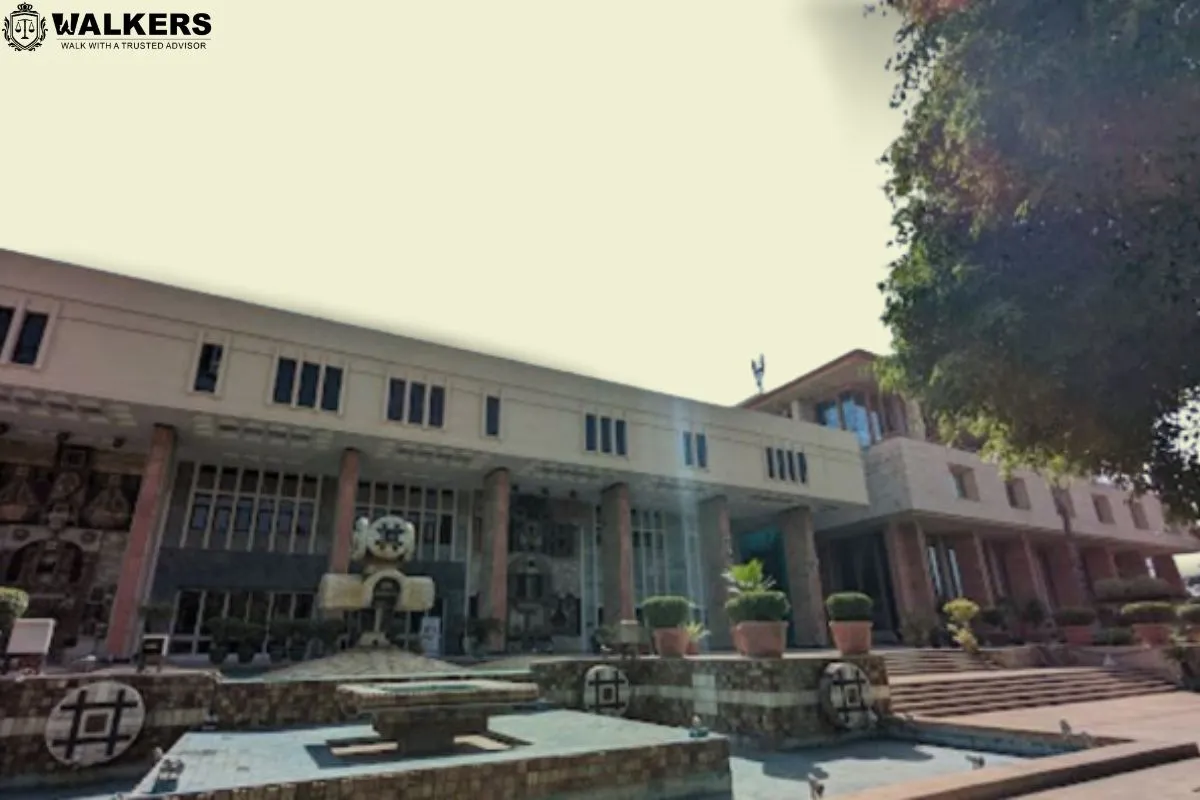


The recent Delhi High Court ruling in the case of Central Bureau of Investigation v Kapil Wadhawan & Anr emphasized that an investigating agency cannot file a police report or chargesheet without completing the investigation solely to prevent an accused person from availing their right to statutory bail under Section 167 of the Code of Criminal Procedure (CrPC). Justice Dinesh Kumar Sharma stated that chargesheets should only be filed upon the conclusion of the investigation, and it should be the trial court's discretion to determine whether the investigation is indeed complete.
The court recognized that investigating agencies, driven by a desire to keep the accused in custody, may claim that the investigation is finished. However, the ultimate authority to decide whether the investigation is complete should rest with the trial court. The order emphasized that the right to statutory bail cannot be denied or extended based solely on the fact that cognizance has been taken. The determining factor should be whether the investigation has genuinely concluded, rather than relying on the label of the chargesheet. The court stressed that the purpose of filing a report by the investigating agency should be to provide sufficient evidence to establish the guilt of the accused, rather than using it as a means of detention.
The court further stated that punitive detention during investigation or trial is not permissible, and further investigation can only be conducted after the completion of the initial investigation. The order highlighted the court's role as the protector of the rights of the accused, emphasizing the need for strict adherence to procedural requirements to safeguard fundamental rights.
Justice Sharma noted that Section 167(2) of the CrPC should be interpreted in line with the legislature's three-fold objectives: ensuring a fair trial, expediting investigation and trial proceedings, and establishing a procedure that protects the interests of the underprivileged segments of society.
The court's observations came in response to a plea by the Central Bureau of Investigation challenging a trial court's decision to grant statutory bail to former DHFL promoters Kapil Wadhawan and Dheeraj Wadhawan in a ₹42,000 crore bank fraud case. After considering the arguments and precedents cited, Justice Sharma concluded that although the alleged offenses were serious and of significant magnitude, the material collected by the agency thus far was insufficient.
The court determined that the chargesheet filed by the CBI in this case was incomplete and piecemeal, and labeling it as a final report under Section 173(2) of the CrPC solely to undermine the right to default bail would contradict the provisions under Section 167. Such an action would be against the mandate of Article 21 of the Constitution of India, which guarantees the protection of life and personal liberty.
The court upheld the trial court's decision to grant statutory bail to the respondents, finding no illegality or perversity in the lower court's order. Consequently, the bench dismissed the CBI's plea.
The CBI was represented by Special Public Prosecutor Anupam S. Sharma, along with Advocates Prakarsh Airan, Harpreet Kaisi, Abhishek Batra, and Ripudaman Sharma. Senior Advocates Rebecca John and Amit Desai, along with Advocates Rohan Dakshini, Prakhar Parekh, Deepa, Ashish Hira, and Archit Jain, appeared for Kapil and Dheeraj Wadhawan.
Click Here to: Download/View Related File
TAGS: Delhi High Court investigating agency police report chargesheet completion of investigation statutory bail Section 167 of CrPC right of accused trial court sufficient evidence purpose of detention further investigation compliance with procedure fundamental rights fair trial expeditious investigation rationalized procedure bank fraud case CBI Kapil Wadhawan Dheeraj Wadhawan material collected incomplete chargesheet final report Article 21 Constitution of India Special Public Prosecutor Advocates.